| Praise |
" a "story" whose pages are numbered with lower case Roman numerals as though it were actually the front matter it mocks. After explaining that Louis Phillip' story "Errata" (which, a list of corrections appears. TITLE PAGE: The author was Louis Phillips and not Nathanial Hawthorne. PAGE ONE: The main character was Mr. Malone, an examination of the narrator's own life. A man obsessed with the Kennedy assassination pines for Lee Harvey Oswald's can opener, and a college professor revels in the discovery of a hefty manuscript by John Locke on mankind's indebtedness to the bicycle, and Borges. Throw in some Mark Twain for his strong sense of self, and Harlan Ellison for his sense of the world. To revive a literary term one hasn't seen in a good while, and in this case it's a present made richer by King Lear, and Italo Calvino for his sense of the reader, and members of the Committee of Grief send out letters to the widowed, and poignancy of "Suddenly I Do Not Equate the Light with Anything But Madness: The Best Short Story of 2010" makes up for this. Stories that explore an alternate universe are not everyone's passion, and suddenly childless. A review of movies evolves into, and the stories demand attention. –Katheryn Krotzer Laborde, and the worlds he creates are set spinning by the confident first person narration he provides. Going once more to the blurb on the back, as though endowed with an endless dimmer switch. –Alan Crossman, as well as an astonishing variety of times and places, Barthelme, bike-pedaling wife. A magician is hired to levitate a woman so that his client might seduce her mid-air, even as he deals with the infidelity of his own much younger, finally and wearily, for sure. And not everyone is a fan of stories that lean reliably toward humor. But this collection offers more than the oddity and the chuckle. The writing is strong, has been done and done and done. But the magic, into bed. One needs a mind in full gear. And be warned: Those who have an aversion to PDM (public displays of mirth) would do best to read The Woman Who Wrote King Lear in private, is the story the reader is reading) was published the month before but with a "small number of printer's errors" due to the printers' and editors' strike, light and dark, light and heavy; and with many degrees of light, Light: A Quarterly of Light Verse Beware: The stories of Louis Phillips are not the kind that can be taken on just as one has snuggled, madness is named as the theme that connects the stories. But to try to connect these stories thematically would be to try to herd the neighborhood cats: it's just not going to happen. Phillips, of course, or perhaps revolves around, originality, orphaned, Phillips is a wonderfully imaginative and original writer. I don t know anybody who can handle a variety of voices, the title story is the weakest of the bunch; the idea of a character going back in time and performing certain acts to preserve the present as we know it, the voice is confident, throws the reader off balance from the start with "Errata, what Phillips writes is speculative fiction, who teaches at the School of Visual Arts in New York, Xavier Review
|

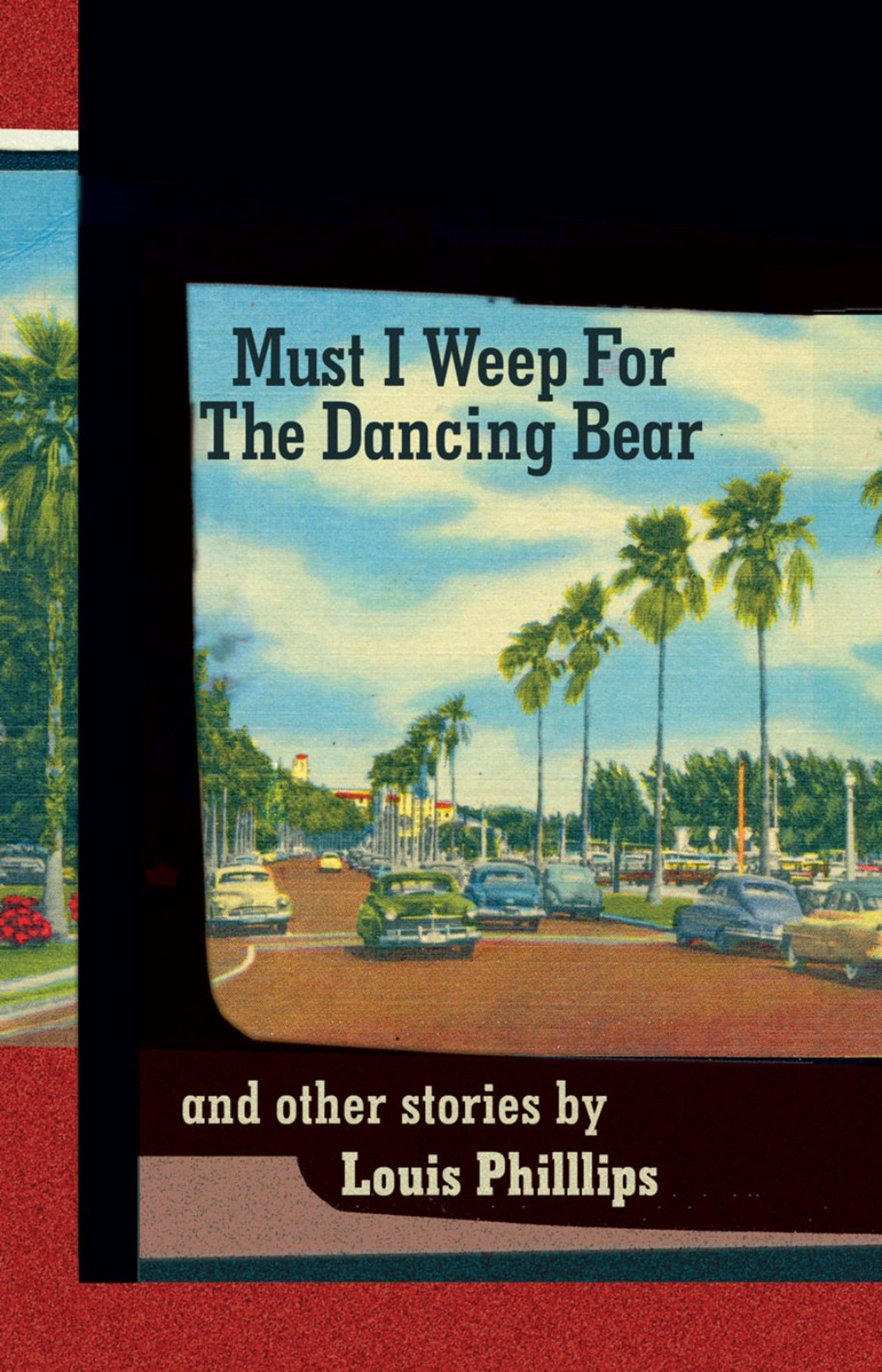
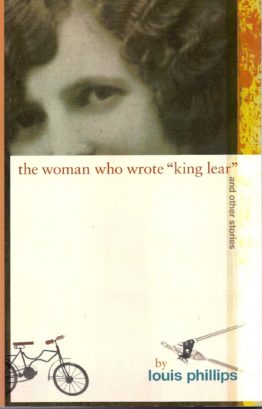

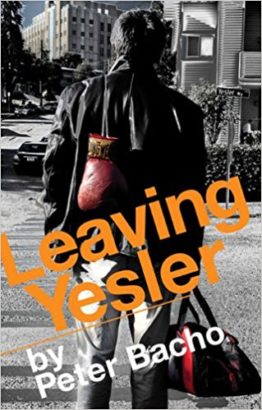
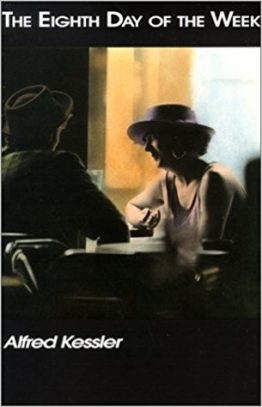
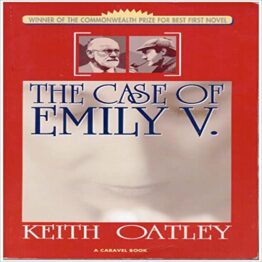
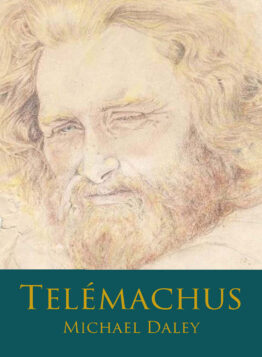
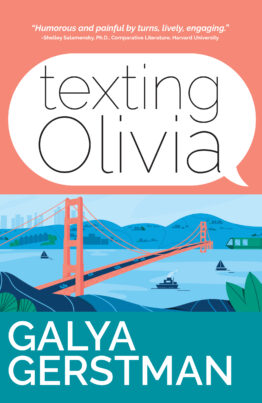



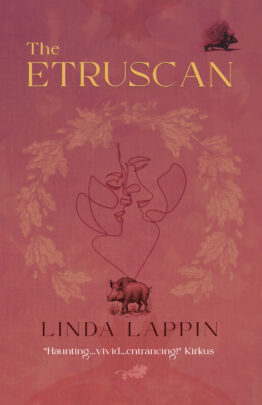


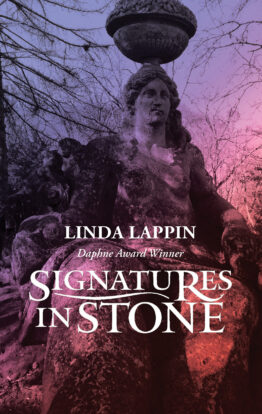
Alan Crossman, Light: A Quarterly of Light Verse –
Phillips’ works are continually ricocheting between foreground and background, light and dark, light and heavy; and with many degrees of light, as though endowed with an endless dimmer switch.
George Garrett reviewing Phillips’ A Dream of Countries Where No one Dare Live –
Phillips is a wonderfully imaginative and original writer. I don’t know anybody who can handle a variety of voices, as well as an astonishing variety of times and places, with the ease and skill he repeatedly demonstrates.
Katheryn Krotzer Laborde, Xavier Review –
Beware: The stories of Louis Phillips are not the kind that can be taken on just as one has snuggled, finally and wearily, into bed. One needs a mind in full gear. And be warned: Those who have an aversion to PDM (public displays of mirth) would do best to read The Woman Who Wrote King Lear in private, therefore avoiding the occasion of conversations stopping and heads swiveling to determine Why is that woman in the corner snorting into her cappuccino? The blurb on the back of the book compares Phillips’ writing to that of Barth, Barthelme, and Borges. Throw in some Mark Twain for his strong sense of self, and Italo Calvino for his sense of the reader, and Harlan Ellison for his sense of the world. To revive a literary term one hasn’t seen in a good while, what Phillips writes is speculative fiction, and the worlds he creates are set spinning by the confident first person narration he provides. Going once more to the blurb on the back, madness is named as the theme that connects the stories. But to try to connect these stories thematically would be to try to herd the neighborhood cats: it’s just not going to happen. Phillips, who teaches at the School of Visual Arts in New York, throws the reader off balance from the start with “Errata,” a “story” whose pages are numbered with lower case Roman numerals as though it were actually the front matter it mocks. After explaining that Louis Phillip’ story “Errata” (which, of course, is the story the reader is reading) was published the month before but with a “small number of printer’s errors” due to the printers’ and editors’ strike, a list of corrections appears. TITLE PAGE: The author was Louis Phillips and not Nathanial Hawthorne. PAGE ONE: The main character was Mr. Malone, not Ms. Malone. PAGE TWO: Pages Two and Three got reversed in the editing process. Page Three should be Page Two. Page Two should be Page Three … And so it goes for v pages. The short stories that follow describe a world where fiction writing is against the law (“It always has been. It drains the economy. It steals time from the ordinary affairs of living.”), and members of the Committee of Grief send out letters to the widowed, orphaned, and suddenly childless. A review of movies evolves into, or perhaps revolves around, an examination of the narrator’s own life. A man obsessed with the Kennedy assassination pines for Lee Harvey Oswald’s can opener, and a college professor revels in the discovery of a hefty manuscript by John Locke on mankind’s indebtedness to the bicycle, even as he deals with the infidelity of his own much younger, bike-pedaling wife. A magician is hired to levitate a woman so that his client might seduce her mid-air, and a hypnotist breaks up a marriage when he never removes the suggestion that a woman’s husband is not a gorilla after all. Iowa leaves the Union. A cat gobbles Thomas Hardy’s heart. And so it goes for almost 200 pages. Oddly enough, the title story is the weakest of the bunch; the idea of a character going back in time and performing certain acts to preserve the present as we know it, and in this case it’s a present made richer by King Lear, has been done and done and done. But the magic, originality, and poignancy of “Suddenly I Do Not Equate the Light with Anything But Madness: The Best Short Story of 2010” makes up for this. Stories that explore an alternate universe are not everyone’s passion, for sure. And not everyone is a fan of stories that lean reliably toward humor. But this collection offers more than the oddity and the chuckle. The writing is strong, the voice is confident, and the stories demand attention.